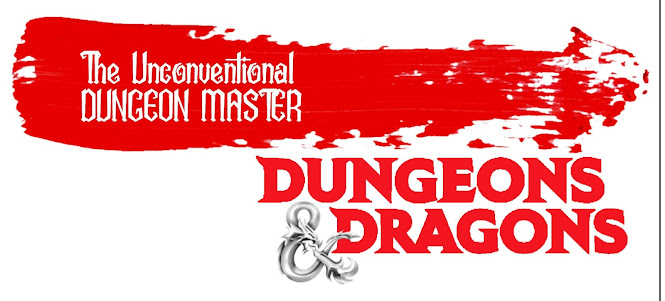Magic the Gathering in D&D (optional rules)
Magic the Gathering in D&D Homebrew Rules
These rules only apply to magic user classes.
If you opt to play using a Magic the Gathering deck all other rules concerning magic and your class will not apply, and traditional D&D spells will not be available for use.
First you must build a deck customized to your character. No player is limited by their class. The minimum of a player's deck must be 30 cards and there is no maximum. In game this will be referred to as your character's spellbook. Players may use a deck they have previously built for one new D&D character.
To cast a spell you must tap mana from your Mana Pool. Essentially this will be played as expending Mana Points. Mana Points are calculated by your WIS score + your level. Ex: at lvl 1 if your WIS score is 16 you will have 17 Mana Points to cast spells per day. At lvl 5 that will be 25 Manna Points to use per day. A greater advantage than current D&D standards. As your lvl increases you become more powerful and gain more Mana.
When you play a card (cast a spell against a creature) the target has one saving throw vs a DC 10 + the Mana it costs to cast. Ex: you cast Collective Brutality. For the spell to succeed the target must fail their saving throw. The roll must be over 11 to succeed. Not an unfair chance for them but the roll was 7 and your spell was cast successfully.
Creature and/or Spell Damage: Creature cards indicate how many points of damage they can suffer before death and how many points they can inflict. Suppose a creature can suffer 4 points of damage. The simplest method is to say that each successful hit against the creature is a point, and therefore the creature will be defeated in 4 successful hits. Critical rolls count is 2 points. A DM can choose to calculate HP for a creature by the average points per CR if they prefer. But where concerns the damage a creature does to PCs is another matter. Use the table below.
Damage per spell/creature
1 = 1d4
2 = 2d4
3 = 1d6
4 = 2d6
5 = 1d8
6 = 2d8
7 = 1d10
8 = 2d10
9 = 1d12
10 = 2d12
11 = 1d20
12 = 2d20
13 = 3d20
14 = 1d100
15 = 2d100
*If there is a card/spell or creature that can inflict more than a 15 the DM will need to calculate the damage on their own.
There is no draw. All players go in turn per the initiative roll. You get one action per turn accepting one bonus action if you are permitted. Casting a spell (playing a card) is one action. You cannot cast two spells (play two cards) per action. However, you may spend one bonus action to set up a spell for your next turn. An action is immediate. Meaning the moment you play a card its effect is instantaneous unless the instructions on the card indicate otherwise. A player may also sit a turn out (evade an attack) while they consult their spellbook (browse through their deck) to decide which spells to more effectively cast the next round of battle, assuming they have support from the other party members.
Discarded Cards: Once a spell has been cast the card is discarded to the back of your deck or into a separate discarded stack (player's choice). Any one card that has been discarded may not be cast again until the start of a new battle after all discarded cards have been collected into the deck and reshuffled or selected again for new use.
Do remember to subtract Mana Points with each spell you cast. Those points are limited per day. Once those points are spent (meaning your Mana Pool is empty), you are done for the day.
Caveat: Only one deck (or spellbook) per character. You may continue to add to your spellbook but once you have built a deck you may not start from scratch to build a new deck for that same character.


Comments
Post a Comment